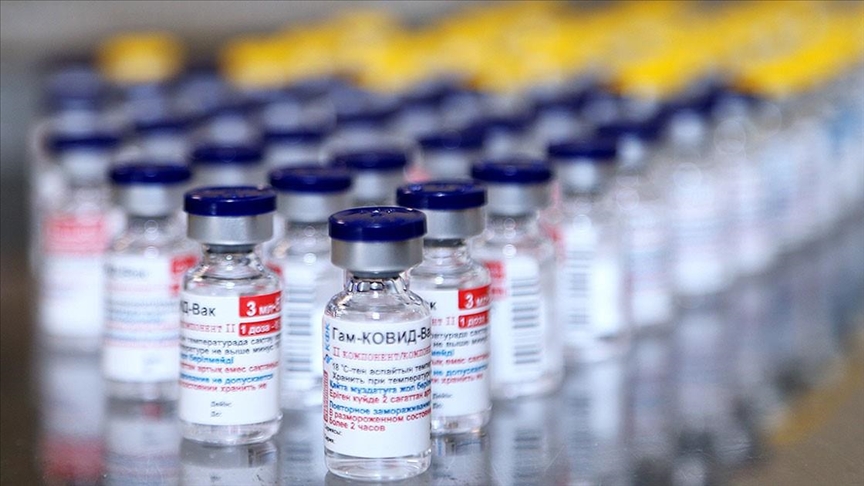The German government said Friday that it would be open to using the Russian-made Sputnik V coronavirus vaccine once it had been approved by the European Medicines Agency (EMA).
-EMA approval -- which Sputnik does not yet have -- would provide the opportunity to use the vaccine in inoculation campaigns in Europe, and it would then also be worth considering for Germany- said Chancellor Angela Merkel's spokesperson Steffen Seibert.
He refused to be drawn over France's accusation against Moscow of using the jabs as a "propaganda" tool.
Last week, Merkel herself directly referred to Sputnik jabs and said Germany "should use any vaccine that has been approved" by the EMA.
A spokesman for the health ministry echoed the same sentiment on Friday, saying that "all vaccines are welcome if they have been approved by the EMA".
The EMA this month launched a rolling review of Sputnik V, a key step towards it being approved as the first non-Western coronavirus jab to be used across the 27-nation bloc.
Yet Sputnik has faced criticism in Western countries, and French Foreign Minister Jean-Yves Drian accused Russia and China on Friday of using their jabs to gain influence abroad.
-In terms of how it is managed, it (the Sputnik V vaccine) is more a means of propaganda and aggressive diplomacy than a means of solidarity and health aid- Le Drian told France Info radio.
His comments were swiftly dismissed by Moscow.
-We absolutely disagree with the fact that Russia and China are using the coronavirus pandemic and vaccines as tools of influence- Kremlin spokesman Dmitry Peskov said.
Russia registered Sputnik V in August, ahead of large-scale clinical trials, prompting worries among many experts over the fast-track process.
Later reviews have been largely positive, with leading medical journal The Lancet publishing results showing it is safe and more than 90 percent effective.
